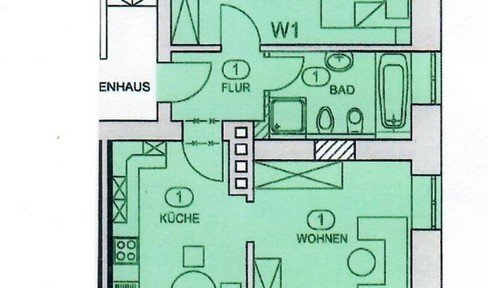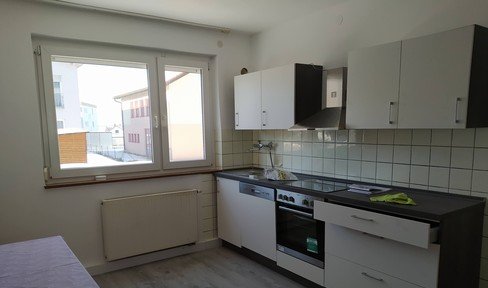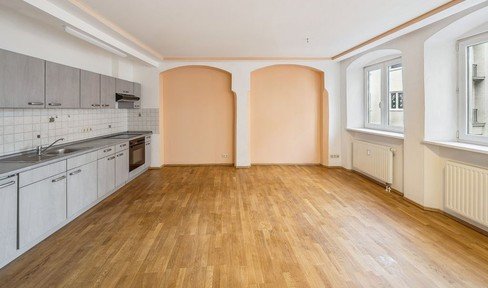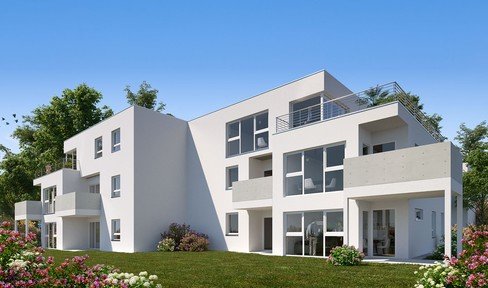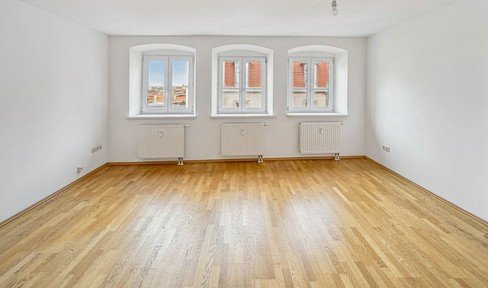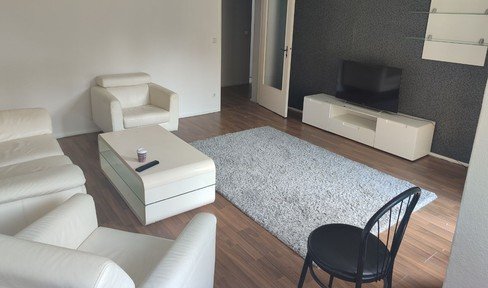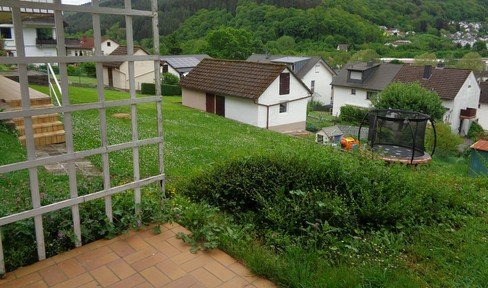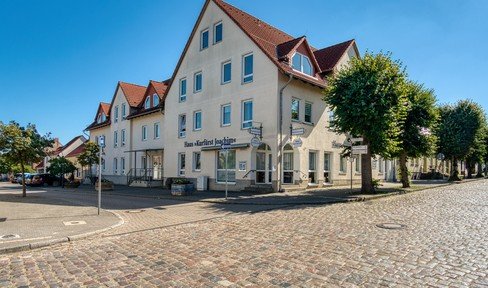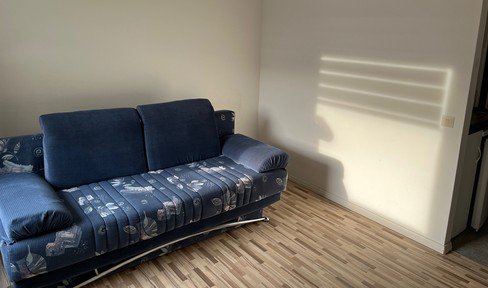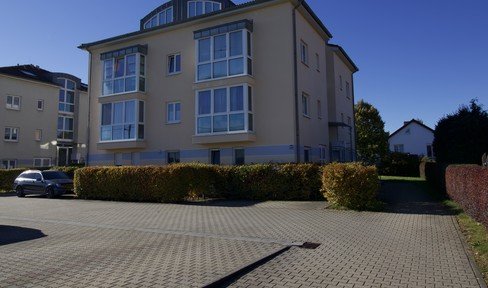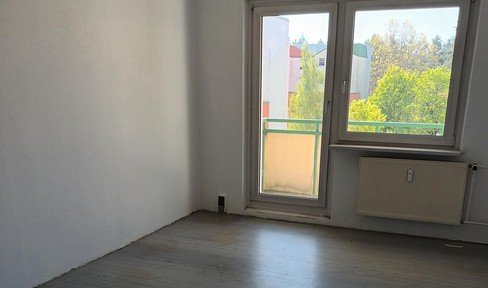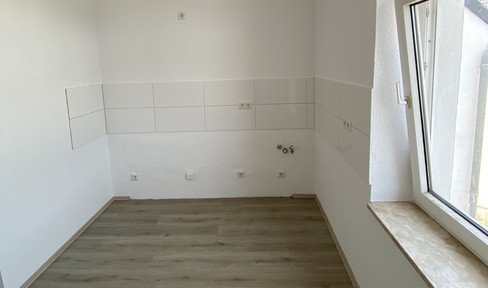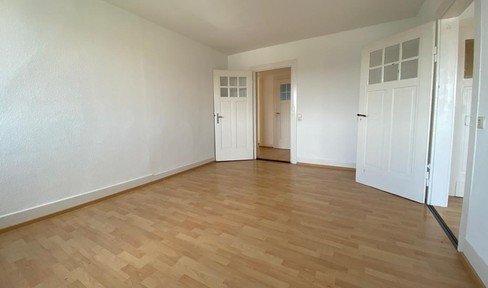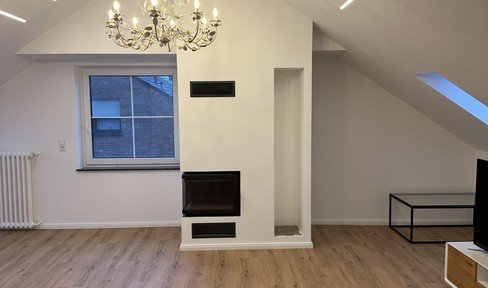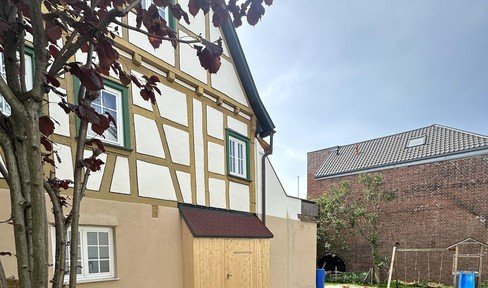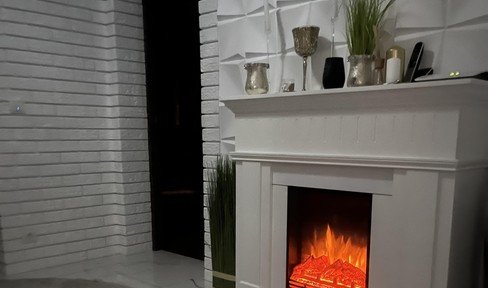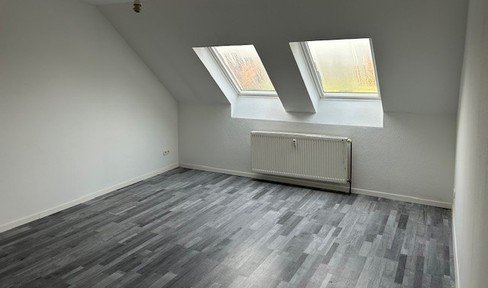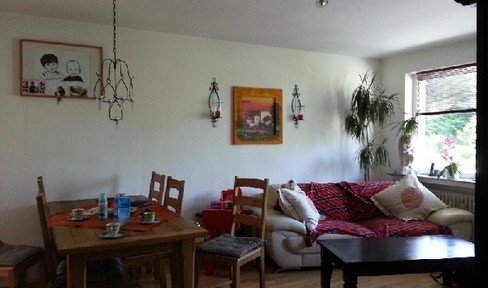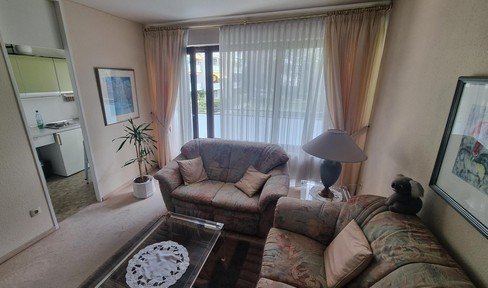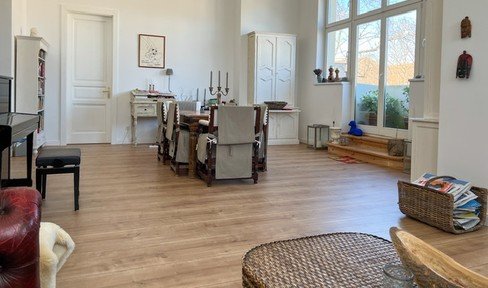- Properties
- Apartments to rent

This page was printed from:
https://www.ohne-makler.net/en/properties/apartment-rent/
Rent apartment without broker- commission free from private
Here you will find from 1113 offers for commission-free Apartments your property
The German Rental Housing Market: Historical and Current Developments
With regard to its real estate market, Germany (still) differs in several ways from its European neighbors. The ownership rate in England (approx. 70%), Spain and Italy (approx. 80%) or Romania and Slovakia (over 90% each), for example, is significantly higher than the EU average of approx. 60% percent, just like the local rate of only 46%. Only in Saarland, on the border with the expensive Grand Duchy of Luxembourg, does it reach an international level of just under 64%; the fewest homeowners, at around 15 to 35%, are traditionally found in this country in the city states of Berlin, Hamburg and Bremen. This specific market situation has various historical and structural backgrounds. Expropriations such as destruction between 1933 and 1945 as well as large-scale nationalization of housing between 1949 and 1989 have led to high-quality rental housing in many places, also due to the massive push for social housing construction. The incentive or compulsion to acquire owner-occupied housing on credit over a long period of time, as in Southern Europe for example, for lack of affordable rental alternatives, was and still is far less pronounced. And although German tenancy law has undergone numerous reforms in favor of landlords, it remains fair for tenants even by European standards. The average rent per m² as a percentage of income in Munich (21%) compared to Paris, Rome or London (35-49%) or compared to the similarly situated "tenant nation" of Switzerland (high real estate price-income ratio) ensures a stable German market, albeit one that is noticeably on the move. Renting an apartment in Germany is therefore still affordable by European standards, even in a metropolis like Munich, regardless of supply and rising rents.
City air makes free: Single households, student cities, increase and stagnation
The fundamental causes of the sharp rise in rents in almost all major and medium-sized German cities over the past few years are primarily the high demand for small apartments and apartments suitable for single people, the renaissance of city centers and the upgrading ("gentrification") of formerly simple and inexpensive residential areas, such as in Berlin (Kreuzberg, Neukölln), Hamburg (Altona, St. Pauli), Hanover (Linden, Nordstadt ),Cologne (Mülheim, Deutz), Frankfurt am Main (Westend, Nordend) and Stuttgart (Nordbahnhofviertel, Hallschlag). The increasing tendency there, as elsewhere in Germany, to convert rental apartments into owner-occupied apartments has put pressure on the market for the former; double-digit percentage rent increases for new leases are by no means a rarity any more. This is also particularly true of the classically high-demand German university cities such as Aachen, Augsburg, Bamberg, Bonn, Bielefeld, Bremen, Darmstadt, Dresden, Düsseldorf, Erfurt, Freiburg, Fulda, Göttingen, Heidelberg, Jena, Kiel, Constance, Leipzig, Lübeck, Mainz, Marburg, Passau, Potsdam, Regensburg, Rostock, Speyer, Trier, Ulm, Weimar, Wuppertal and Würzburg, where smaller, affordable housing units are always needed by new students and teachers who want to rent an apartment in the short term. The greater interest and commitment of international real estate investors in the future and their expectations of returns, which in some cases differ completely from local practices, are also increasingly driving up rental prices between Flensburg and Freising.In addition, for many apartments there is also the broker's commission to be paid, which is not insignificant. But renting an apartment without a real estate agent - does that make sense? We say quite clearly: YES! But back to the rental market: Most experts and observers expect a further strongly differentiating regionalization in the medium and long term. So while rental apartments in central, urban and/or well-connected residential locations will probably continue to become more expensive, rents in more remote, rural and hard-to-reach areas are likely to stagnate or fall.
In the future, the respective residential location will have an even greater impact on the level of rent.
For tenants, capital investors or owner-occupiers, these emerging circumstances in Germany naturally result in correspondingly different to conflicting prospects. in particularly sought-after locations, many new tenants will have to adjust willy-nilly to the fact that the share of rent in their net household income will tend to rise even further in the future. However, the resistance of citizens to such developments, which is becoming apparent in many German cities, communities and regions and is appealing to politicians, may of course also lead to increased legal requirements for the protection of existing buildings and stricter refurbishment requirements with the aim of curbing rents. Tenants in less sought-after areas, however, can hope that rents will remain the same or even fall, and they may also have greater negotiating leeway vis-à-vis landlords when new contracts are signed. For them, as well as for private or commercial investors, the same applies in reverse. Those who already own or acquire residential space in "trendy" districts usually have far less to worry about in terms of returns and refinancing by their tenants than those who are also looking for value appreciation in areas that are already foreseeable to become rather unattractive in the future and are affected by population decline. For the foreseeable future, however, despite the changes described above, the ownership ratio mentioned at the beginning of this article will probably not change too much, so that there will continue to be a roughly equally large rental housing and ownership market in Germany.
Who would like to do without all risen costs in Germany therefore rather on a broker commission, in order to rent an apartment, can fall back to modern possibilities: Rent an apartment without a broker. Because we have access to the entire Internet, all real estate portals and our many years of experience, we do not charge any broker's commission when renting an apartment. Talk to us - we will be happy to help you!
Information Renting an apartment in Germany:
- Germany still has the lowest ownership rate in Europe
- The stable rental housing market is coming under increasing pressure.
- Demand for and prices of smaller apartments are rising significantly
- Inner cities and central locations in particular are increasingly being affected
- Even formerly simple and inexpensive residential areas are becoming increasingly expensive
- German university cities are seeing the sharpest increases in rents
- In rural areas, on the other hand, demand and rents are falling or stagnating
Properties to Rent
Properties for Sale
Popular Cities
Diese Seite wurde ausgedruckt von:
https://www.ohne-makler.net/en/properties/apartment-rent/
